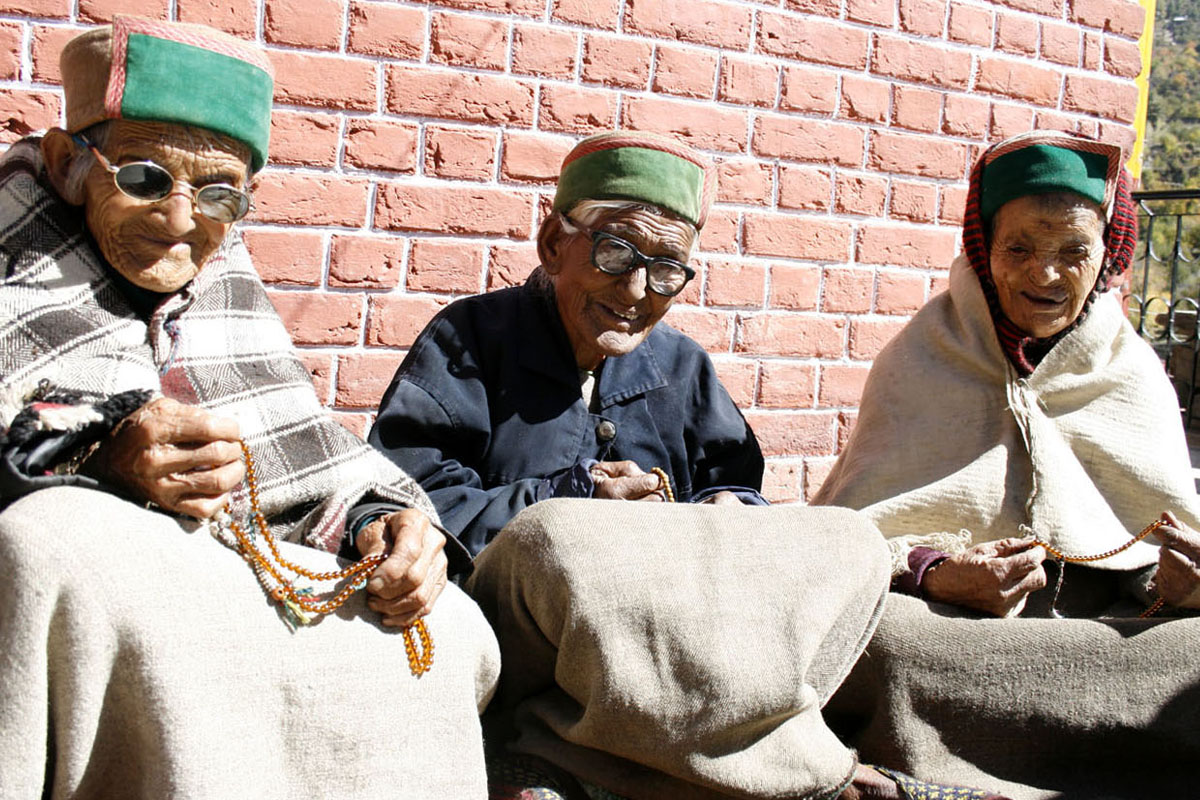EC defends integrity of EVMs in SC, asserts it can’t be manipulated
The Election Commission of India (ECI) defended the integrity of the electronic voting system, asserting that it was not prone to any external interference or manipulations.
A ‘customary law’ bars tribal women of Himachal Pradesh from inheriting ancestral property.

It may still not be an easy fight for them, but the Supreme Court’s recent verdict that the amended Hindu Succession Act, which gives daughters equal rights to ancestral property, will have a retrospective effect comes as a ray of hope for the tribal women of Himachal Pradesh, who do not have inheritance right as per century-old “customary law” in tribal areas of the state.
“We have been battling to get the right to inherit property for long at different levels, but to no avail so far. Nobody is ready to amend the ‘customary law’ that bars tribal women of HP from inheriting ancestral property. The SC judgement for women gives us fresh energy to battle it out socially as well as legally ,” said Rattan Manjari, Chairman of Mahila Kalyan Parishad, a women NGO, in the tribal district of Kinnaur.
Manjari told The Statesman that the Parishad had moved a PIL in the HP High Court sometime back.
Advertisement
“We may still have to fight it out as provisions of Hindu Succession Act, 1956 are not implemented in tribal areas, but we are very much hopeful after this development,” she said.
The “customary law” is recorded in Wazib ul arz, a revenue document of settlement pertaining to earlier 20th century in the tribal area of Kinnaur.
“A daughter has no right on her father’s property. If her husband dies, the property goes to the son, even if he is a minor. This discriminatory law should be amended,” she said.
Manjari said there have been many examples where single women (widows, divorced or unmarried women) have been abandoned by their families. “If they have the right to property, they can at least live with dignity despite being single,” she said.
With the passage of time, the tribal society in Kinnaur has shed many customs like “common marriage” (polyandry, wherein all brothers used to marry one woman mainly to protect small land holdings from division with agriculture being traditionally the main occupation of people).
“But the people are not ready to shed this century-old customary law. The Parishad launched the signature campaign and even took the issue to gram sabhas some years back to build consensus in tribal society for amendment in law, but there was resistance, mainly from the men folk,” Manjari said.
Argued RS Negi, convener of Kinnaur-based Him Lok Jagriti Manch and a retired IAS officer, “The tribal areas have their own Revenue Act, which needs to be amended to give this right to the women. There is resistance from the tribal society on this because the land holdings in Kinnaur are very small (1-2 bighas on an average) and the tribal girls are increasingly marrying outside. The phenomenon would throw the tribal land open to non-tribals.” Negi said the amendment could be done with some riders so that the land does not go to non-tribals as a matter of right.
The Parishad’s representations to the politicians in the state and at the Centre have also fallen on deaf ears so far. In 2015, however, the HP High Court order in an individual case gave the right to tribal women as per Hindu Succession Act, 1956, but before the tribal women could draw advantage, some other people went to the apex court on that and the matter was stayed.
“The Parishad wanted to file a petition in SC, but we were told to file a PIL in HC,” Manjari said.
Advertisement